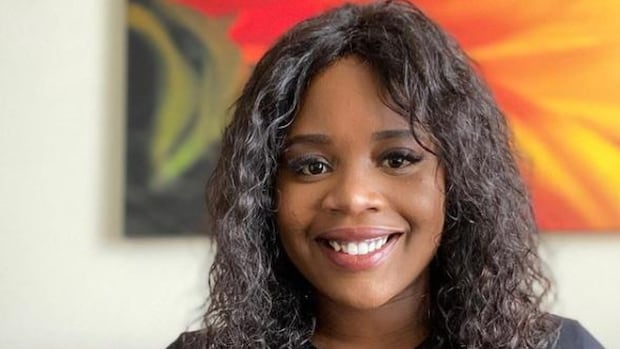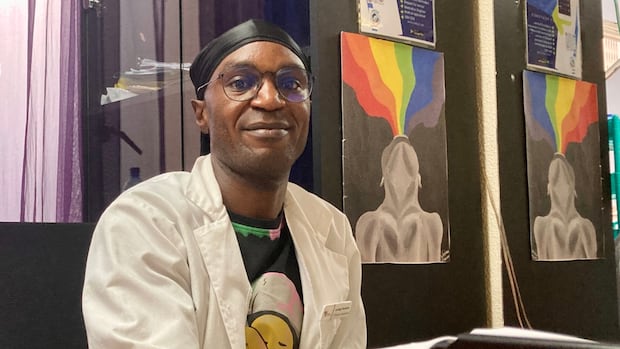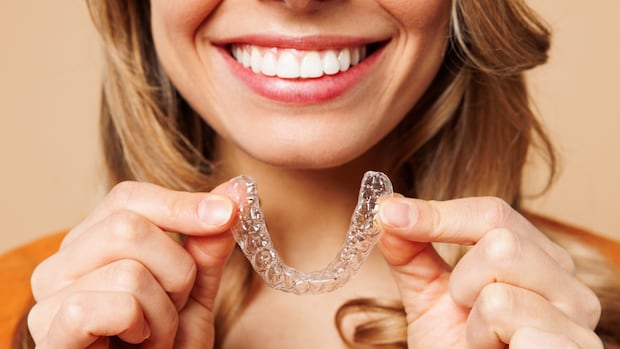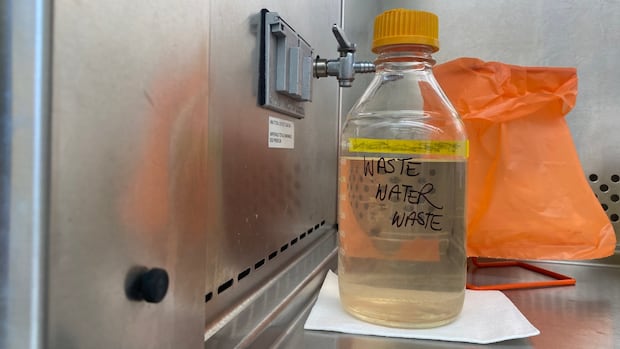This First Person article is the experience of Natasha Ngindi, who lives in Saskatoon. For more information about CBC’s First Person stories, please see the FAQ.
For most of my life, I believed my body was a problem. I believed that if I could just lose weight, everything would be better. I’d be more confident, I’d be happy and I’d finally feel good enough.
So I dieted. I exercised obsessively. I lost weight. And for a moment, I thought I had won. But the truth?
Diet culture stole years of my life before I broke free.
As a child in South Africa, I grew up surrounded by family, culture and food that felt like love. There was no counting calories, no “good” or “bad” foods. We just ate, and we enjoyed it. I never once thought about calories and I never thought about the size of my body. I moved, played, danced and ate with joy.
But when I was eight, my family moved to Canada. That was the moment everything changed. I realized that I didn’t fit into Western beauty standards that seemed worlds apart from the beauty standards in South Africa at that point in time. I was the Black girl in a mostly white school in Brampton, Ont., and I became hyper-aware of my size, my skin colour and just how “different” I was.
I quickly learned that I was the bigger girl in a society that praised thinness.
After moving from South Africa as a child, Natasha Ngindi felt the pressure to fit in with Canadian beauty standards. She spent years dieting and cycling through weight loss and gain before getting the help she needed to change her relationship with food and embrace her body. Now, she’s helping others find food freedom.
Diet culture crept into my head, whispering that I wasn’t enough. I started feeling insecure and fearing loneliness because I didn’t feel I was good enough.
I used to love movement — figure skating, dancing and even climbing trees. But as I got older, I felt like spaces for movement weren’t made for bodies like mine. So I stopped.
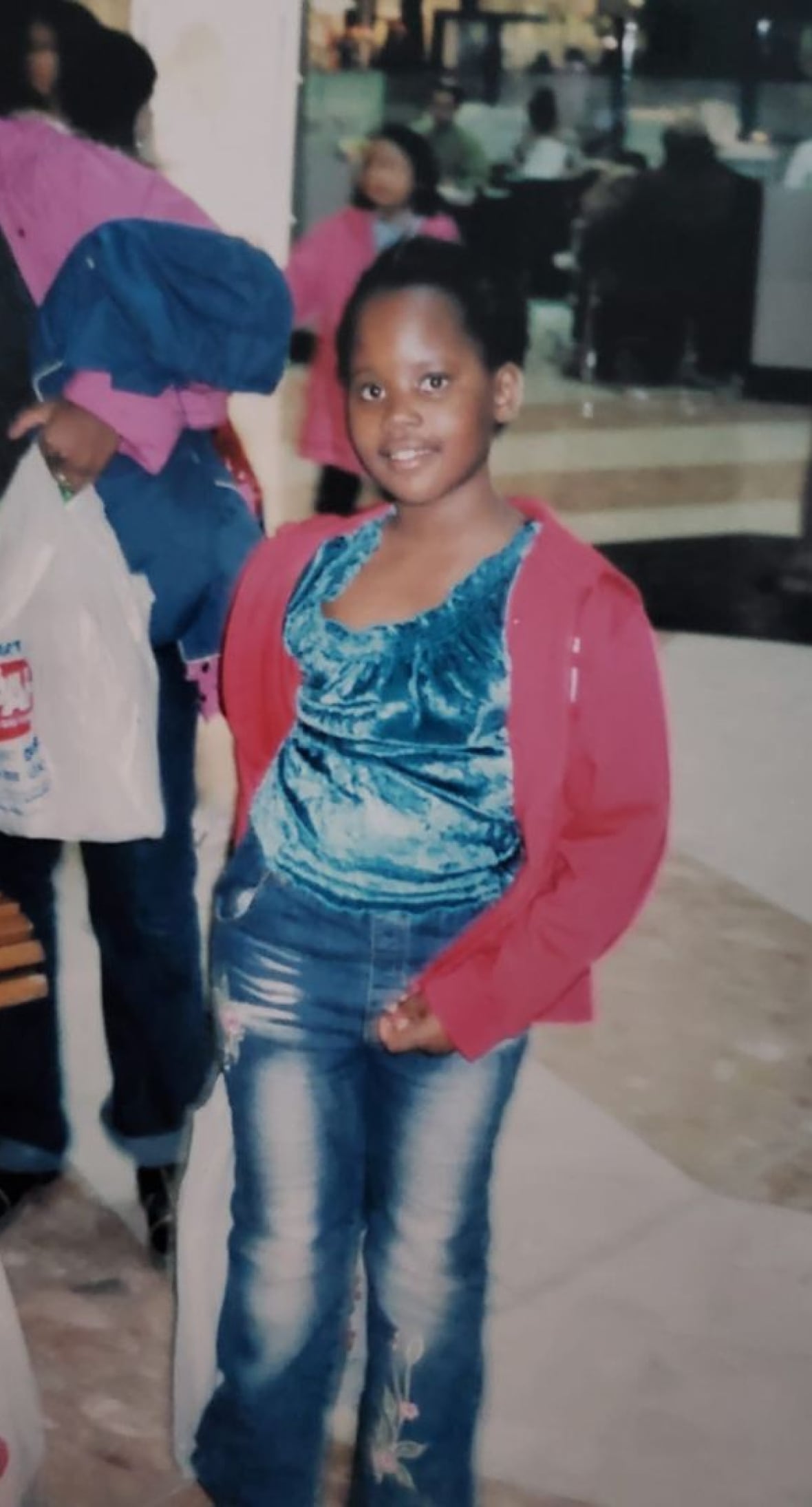
Food was something I used to enjoy without guilt. But here in Canada, I learned that thinner meant better.
I went on my first diet in high school. It started small — cutting out certain foods here and there and working out more. But then it became an extreme obsession. I was counting calories, tracking everything and skipping meals.
I believed that if I could just be smaller, I’d finally be accepted. I even fell for the idea that my worth was tied to my weight. And when I lost 50 pounds, suddenly, people noticed and praised me. They told me I “looked amazing.” That I had “glowed up.”
I thought: “This is it. I’ve finally made it.”
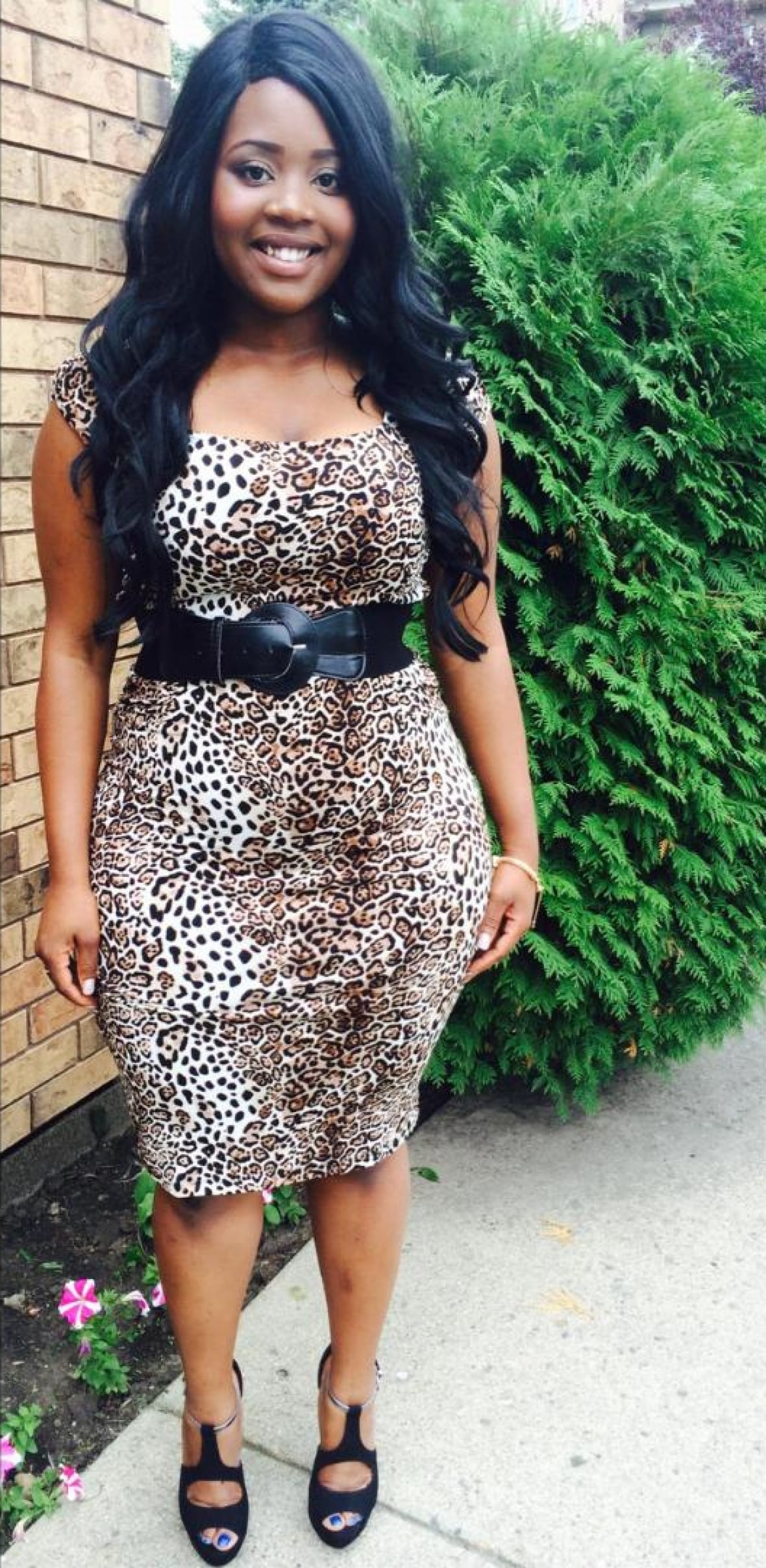
I truly believed I was the healthiest I’d ever been. With all the praise, I thought I could help others as well, so I decided to study nutrition science in university, thinking I could teach people how to lose weight just like I did.
I thought I was happy. But the truth? I was exhausted.
Nobody tells you this, but when your confidence is built on weight loss, it’s never enough. The fear of gaining it back consumes you.
And like most people, I couldn’t keep the weight I lost off, because our bodies are designed to fight against restriction.
Despite this fact, I tried harder. More diets. More guilt. More shame.
About three years into studying nutrition science at the University of Saskatchewan, I hit my breaking point. That’s when I sought professional help and met a dietitian who introduced me to intuitive eating. This self-care approach encourages people to focus on listening to their body’s hunger, fullness and satisfaction cues rather than following external diet rules.
Learning about intuitive eating changed everything for me.
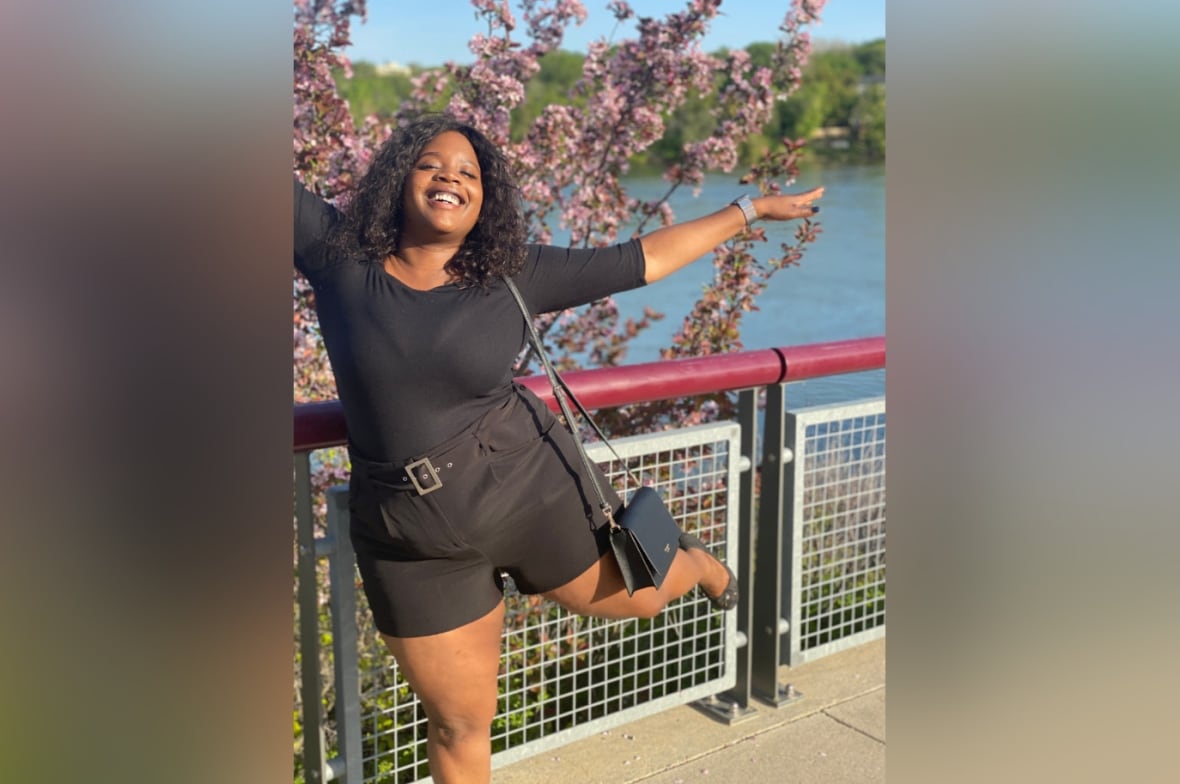
My dietitian helped me realize that I was spending more time thinking about food than actually living my life. I was skipping meals to save calories or punishing myself for eating cake. And for what?
I asked myself: “Is this how I want to live forever?” The answer was no.
I deleted my diet apps. I stopped labelling food as good or bad, and I let myself eat what I loved. For the first time in years, I listened to my body instead of punishing it.
I also rediscovered joyful movement — working out because it felt good, not because I wanted to shrink myself. I started dancing again. I became a Zumba instructor. Slowly but surely, I started to feel free.
After spending years studying and working in nutrition science, I knew I wanted to help others. I started sharing my outlook with others through social media, encouraging people to make peace with food, love their bodies and find joy in movement — free from diet culture.
I am also trying to inspire others to practice the self-compassion I wish I’d shown myself when I first moved to Canada.
I know now that my body is enough, just as it is. And so is yours.
If you or someone you know is struggling with disordered eating, here’s where to look for help:
Do you have a compelling personal story that can bring understanding or help others? We want to hear from you. Email [email protected] to learn more.


